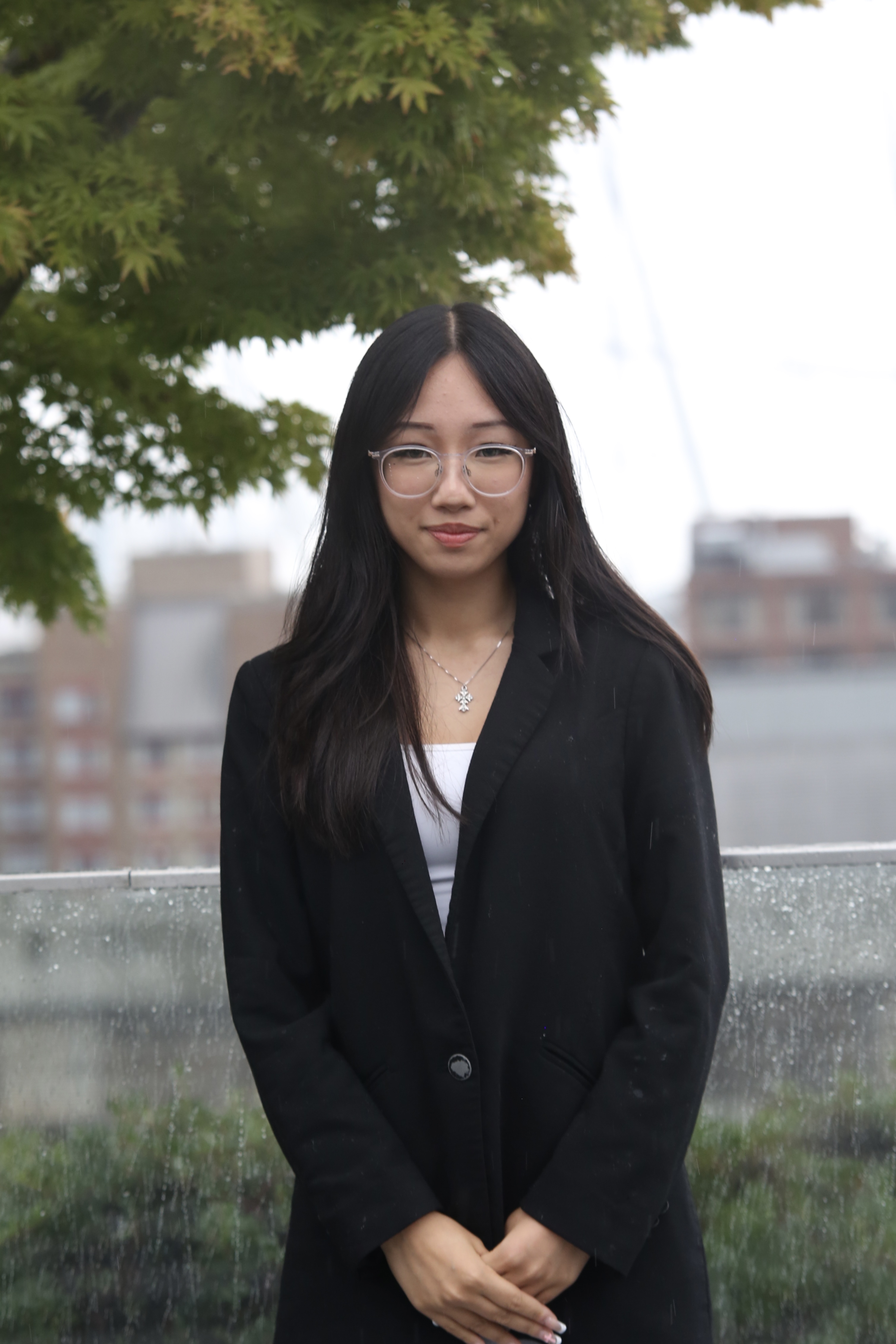Formed in 1993 by the Maastricht Treaty, the European Union (EU) is one of the most powerful economic and regional unions in the world. It has 27 member states and many institutions from all over the gubernatorial spectrum, like the European Parliament, the European Court of Justice, and the European Commission. The European Union’s goal is to expand as much as possible, until one day it hopefully includes every European state, while promoting strong economic and political relations between its countries. Its mandate is to pool together the sovereignty of its members, most of which were once global superpowers that have now individually diminished, and create a powerful European confederation with a say in the goings-on of the highest echelons of international politics and diplomacy.
This committee is specifically designed for intermediate and experienced delegates. Position papers, although strongly recommended, are not required. However, delegates who wish to be considered for an award must submit their position papers by January 12, 2026, at 23:59 PST. More information about position papers can be found in the Position Paper Guide, on the Delegate Resources Page.
Topic A: Erosion of Democracy (Click to show summary)
The erosion of democracy has been a persistent issue in the European Union (EU). It threatens to upend the democratic principles that are the very foundation on which the EU is built. In recent years, democratic backsliding has become more apparent and common, with attacks on judicial independence, electoral processes, and civil society actors, aiming to undermine government accountability. Although the EU has measures to oppose eroding democracy, many of these measures are rendered ineffective. In cases where countermeasures have been implemented, such as the withholding of EU funding, weak democratic systems remain, and little reform has occurred. Eroding democracy weakens perceived legitimacy in governments and has caused a significant divide in the union.
Topic B: Reducing Economic Dependence (Click to show summary)
Economic dependence refers to the extent to which member states are reliant on foreign countries and actors for trade, resources, and key technologies. Since the foundation of the European Union (EU), European countries have heavily depended on the US for military protection and arms; that trend continues today, as the guarantee of American security has led to little investment in the European military industry. Furthermore, as both the US and China grow ever more dominant in technological industries, the EU falls further behind. The inability to produce technology domestically has become apparent, as imports and reliance on foreign countries increase. Delegates must also address the challenges that energy creates; although energy dependence on Russia has decreased, division regarding how energy can be produced now remains.

Eaton Li | Director
As a Grade 10 student at Vancouver College, Eaton is honoured to serve as the Director of EU at the twenty-fifth iteration of VMUN. Since starting Model UN two years ago, he has developed a fervour for building alliances and debating across many conferences. MUN has crafted prized friendships, new experiences, and valuable skills for Eaton. When he is not in a committee, Eaton may be listening to music, mindlessly scrolling on his phone, or eating at Chipotle. At this year’s iteration of VMUN, Eaton aims to serve his committee as an esteemed dais member while creating everlasting memories for himself and the delegates. He looks forward to meeting everyone at VMUN 2026 and wishes delegates the best of luck in their preparations!

Yasmin Kahkesh | Chair
In her final year at Crofton House School, Yasmin is thrilled to serve as the Chair of EU at VMUN 2026. Since embarking on her MUN journey as a timid grade 8 delegate, she has grown to love the fast-paced energy of committee sessions, endless note passing, and fruitful debate. This year, Yasmin hopes to engage both novice and experienced delegates in all that VMUN has to offer. Outside the committee room, she can be found stress-baking hundreds of pistachio white chocolate cookies, purchasing overpriced pilates classes, or planning her next travel adventure. Yasmin looks forward to welcoming delegates for a weekend of invigorating debate!

Kaylie Chan | Assistant Director
Currently a Grade 11 student at Steveston-London Secondary School, Kaylie is thrilled to serve as the Assistant Director of EU for VMUN 2026. Since embarking on her Model UN journey in Grade 8 as a nervous first-time delegate barely able to finish a sentence, she has developed a deep love for the spirited and dynamic debates that make MUN so special. Some of her favourite memories include getting lost in hotel stairwells while rushing to committee sessions and navigating midnight crises in a half-asleep haze. Outside the committee room, Kaylie enjoys rewatching her favourite TV shows and browsing Uber Eats for cravings—only to decide against ordering due to the delivery fee! She is eagerly looking forward to meeting all the delegates and hopes for a weekend filled with engaging debate and unforgettable moments!
You can contact the Director at eu@vmun.com. Any questions regarding the committee or its debate procedures will be answered by email. Position papers must also be submitted to this address.
